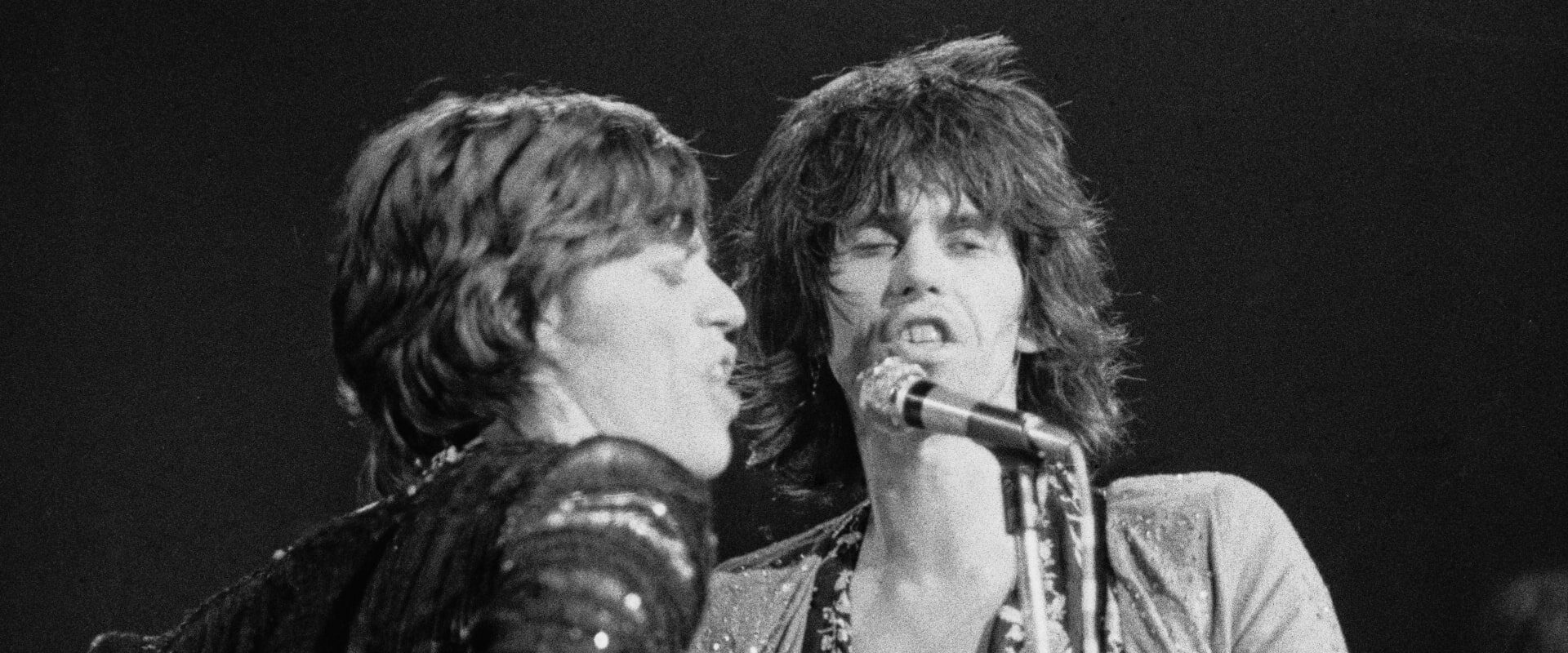On this day (September 9) in 1965, The Rolling Stones topped the UK Singles Chart with “(I Can’t Get No) Satisfaction.” It was their fourth No. 1 single in their home country. The song had already spent four weeks atop the Hot 100 in the United States. However, British radio stations initially refused to play the single due to its lyrical content.
“(I Can’t Get No) Satisfaction” is arguably one of the most popular songs The Rolling Stones ever released. More than 60 years later, it remains one of their best-known cuts and was their first No. 1 in the United States. However, it had a slow start in the band’s home country.
The Stones released it in the United States on June 4, 1965, backed with “The Under Assistant West Coast Promotion Man.” More than two months later, on August 20, they released it in the United Kingdom, backed with “The Spider and the Fly.”
Initially, British radio stations didn’t play “Satisfaction” due to its suggestive lyrical content. Specifically, the line “trying to make some girl” made DJs reluctant to spin the record and tempt the country’s censors. Pirate radio stations, however, had no such issue. As a result, it became an underground favorite in the band’s home country. However, it didn’t stay underground for long. Less than a month after its release, it was at No. 1 on the official UK Singles chart.
Not Everyone in The Rolling Stones Liked “(I Can’t Get No) Satisfaction”
The Rolling Stones’ former bassist, Bill Wyman, revealed that Keith Richards and Mick Jagger weren’t initially fans of the massive hit. He recalled that the band, their manager/producer Andrew Oldham, and Dave Hassinger, the RCA Studio engineer, voted on The Stones’ next single. “Five voted for ‘(I Can’t Get No) Satisfaction,’ and two voted against. The two against were Mick and Keith,” he said.
Jagger once revealed why he didn’t want the song to be released as a single. “I’d rather be dead than sing ‘Satisfaction’ when I’m 45,” he told People in 1975. He’s currently 82 and still singing it.
Twenty years later, he spoke to Rolling Stone, and his opinion of the song had changed. “You always need one song. We weren’t American and America was a big thing, and we always wanted to make it there,” he told the publication. “It was very impressive the way that song and the popularity of the band became a worldwide thing.”
Featured Image by Evening Standard/Hulton Archive/Getty Images
